By age fourteen, while in junior high school, Paula's thoughts turned towards singing. One of her teachers admired Paula's voice and helped arrange an audition at the High School of Music and Art. She passed the audition and majored in music. Ms. Kelly stated, about her life during her senior year at M&A, "I was in my last year of high school when I began to think of becoming a dancer. I had never seen a Broadway show; we never even read the theatrical reviews. My father gave me the money for a Broadway musical and I saw West Side Story from the balcony." (2)
Ms. Kelly stated, “I started dance late so I had to work hard. I was often at Juilliard from 8 in the morning until 10:30 at night." (4) While there, Ms. Kelly majored in dance under Martha Hill (the first director of dance at the Juilliard School). During her second year, Ms. Kelly took a six-month leave to tour with Harry Belafonte. This was Ms. Kelly's first professional job. She graduated Juilliard in 1964 with an M.S. degree. By the beginning of 1966, Ms. Kelly participated in the television specials Echos of Jazz Dancing and The Strolling 20s. 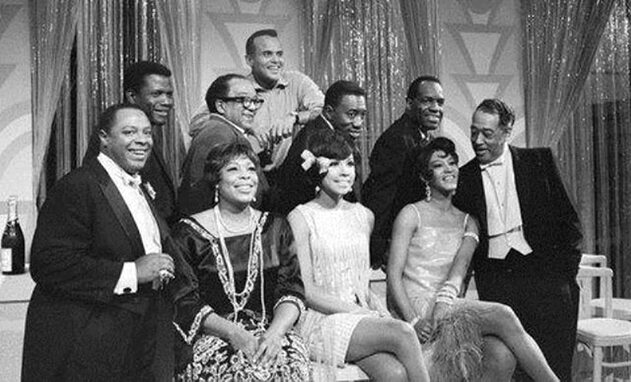 The Strolling 20s with Paula Kelly (1966), Top row, from left to right: comedian George Kirby, narrator Sidney Poitier, author Langdon Hughes, host Harry Belafonte, singer Joe Williams, comedian Nipsey Russell and musician Duke Ellington. Bottom row, left to right: singer Gloria Lynne, singer Diahann Carroll and dancer Paula Kelly. During the summer of 1966, Paula was a dancer on the Al Hirt TV Show, The Gene Kelly Show, The Sammy Davis Show, and she toured the U.S. as solo dancer with Harry Belafonte. As of January 1967, Ms. Kelly began the 16-week stage show run of Sweet Charity, playing the role of Helene, in Las Vegas at Cesar's Palace and in London. Life got even brighter when Kelly performed an innovative dance solo at the 41st Academy Awards for the nominated title song from Chitty Chitty Bang Bang (1968).
“It scared the wits out of me. I thought someone might be kidding. I hadn’t reached the movie-discovery stage yet. Then, all of a sudden, to be handed a contract by Universal’s London office giving me a co-starring part in such a picture as this – well, all I can say is Wow!” (5) During June 1969, Paula appeared in the theatrical play “Your Own Thing” on the stage of the Shubert Theater, Cincinnati and in August 1969, Paula showed off her dancer's body in the pages of Playboy magazine. The 1970s: In 1971, Paula appeared in the dramatic rendition of the Broadway play Ovid’s Metamorphoses. In 1972, she starred in the record-breaking west coast premiere of Don’t Bother Me, I Can’t Cope at the Mark Taper Forum, for which she was awarded the Los Angeles Drama Critics Circle Award, Variety, and the first of three NAACP Image Awards. In 1972, Paula and her family moved out to West Hollywood. In films, she appeared in The Andromeda Strain and afterwards, she provided the female interest in a series of fashionable, sassy, tough blaxploitation films, playing cool, happening chicks opposite action men in numerous films such as Trouble Man (1972), Cool Breeze (1972 ), and Top of the Heap ( 1972). She was also Leggy Peggy in the cult comedy Uptown Saturday Night (1974) with Sidney Poitier, Bill Cosby and Richard Pryor. . Throughout the 1970s, Paula was also active in television series such as Medical Center (1970), The Young Lawyers (1970), Sanford & Son (1973), The Streets of San Francisco (1975), Police Woman (1975-1977), The Richard Pryor Show (1977) and Good Times (1979). Paula continued her stage and television career into the 1980s in Sophisticated Ladies (1981), Trapper John, M.D. (1981), Chiefs (mini-series 1983), Hot Pursuit (1984) and Santa Barbara (1984) and Night Court (1984), for which she received her first Emmy nomination (best supporting actress). Paula Kelly starred with in the 1986 film feature Jo Jo Dancer, Your Life is Calling which was the semi-autographical story of Richard Pryor's life. Paula Kelly continued her television career in Uncle Tom's Cabin (1987), Golden Girls (1987), Mission Impossible (TV series 1989) and The Women of Brewster Place (1989), in which she portrayed one half of a lesbian couple (opposite Lonette McKee) struggling against homophobia in an inner city ghetto. She was nominated for a second Emmy for her role in The Women of Brewster Place. Sadly, on November 13, 1990, her husband Don Chaffey passed away due to heart disease.
Paula Kelly said in 1968: "The only time I feel complete expression is when I'm dancing." (6) Sources: (1) Date of birth, October 21, 1942, verified through Ancestry.com through the Lawton Family tree. (2) Asbury Park Press (New Jersey) January 30, 1969, Page 31 (3) Alabama Journal (Montgomery, Alabama) February 7, 1968, Page 6 - by Gail Cottman (4) Asbury Park Press (New Jersey) January 30, 1969, Page 31 (5) The Montreal Star (Montreal, Quebec, Canada) May 11, 1968, Page 141 - by Henry Casini (6) The Pittsburgh Courier, April 20, 1968, Page 13 - by Walter Burrell. Watch: The Life and Times of Paula Kelly
3 Comments
|
Time To SmileLittle known facts about M&A and its students Archives
January 2024
Categories
All
|
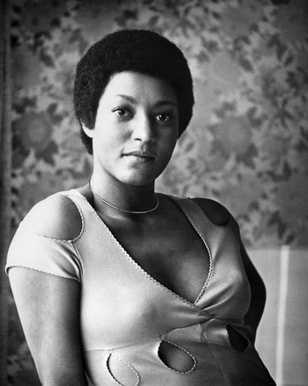
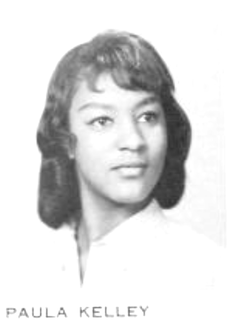
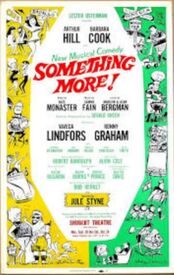

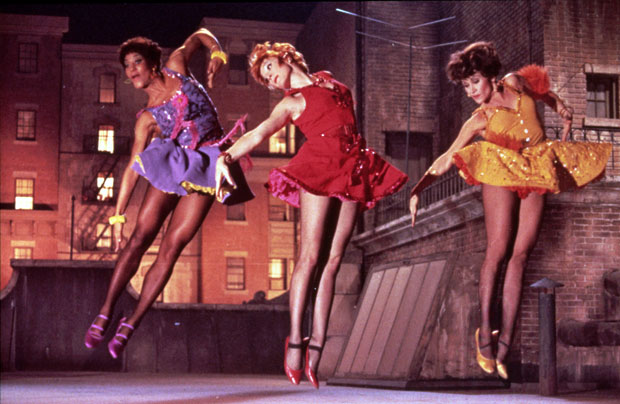
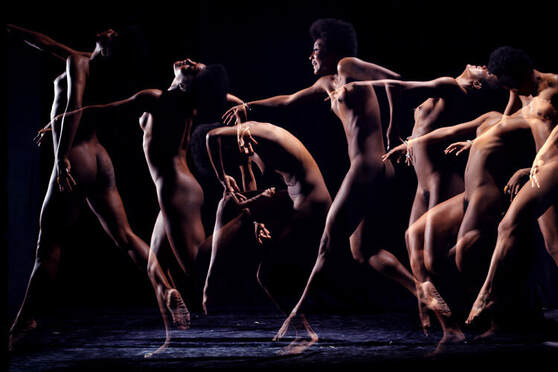
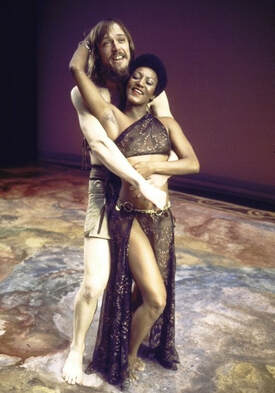
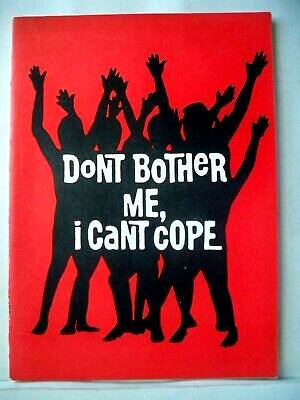
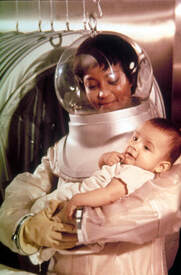
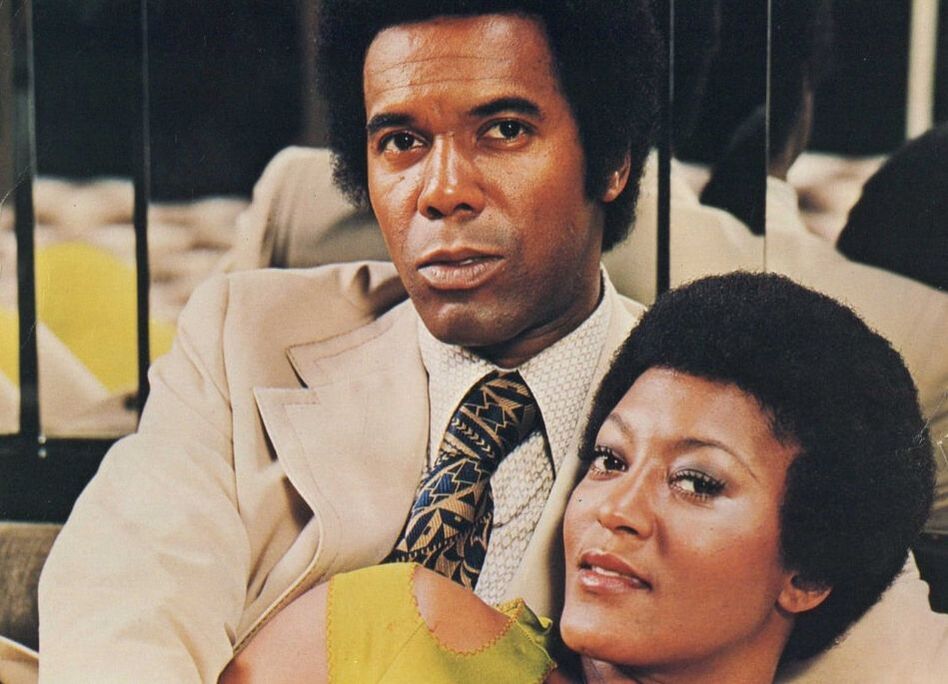
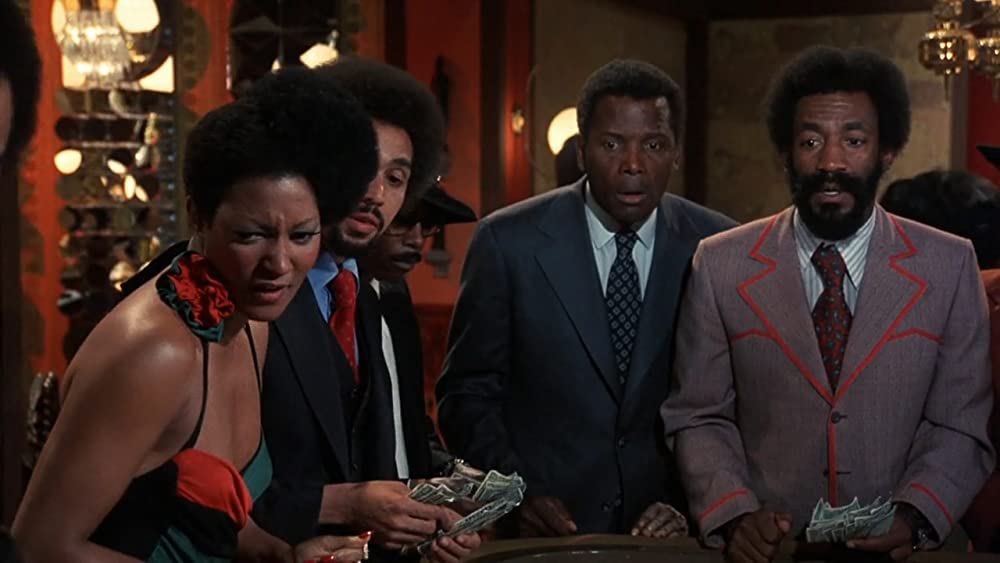
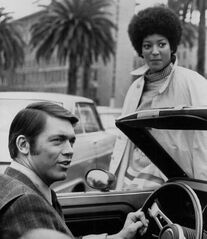
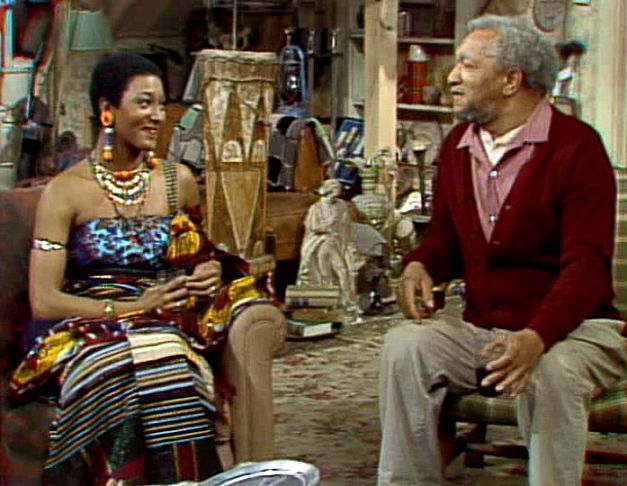
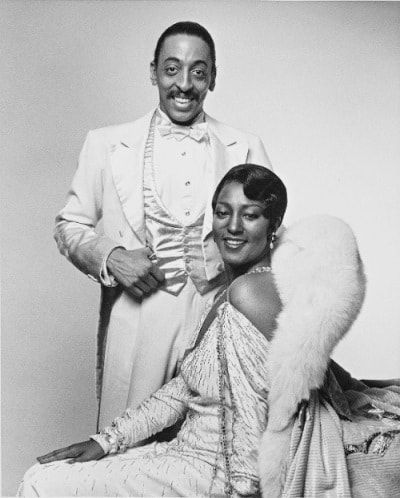
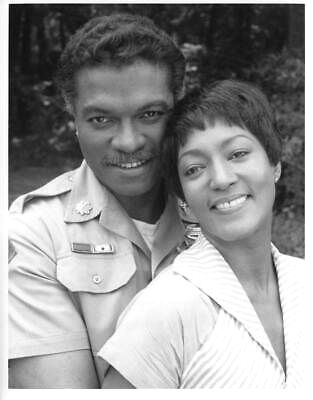
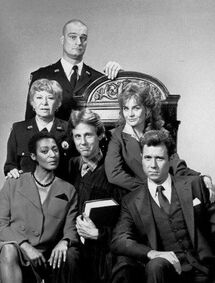
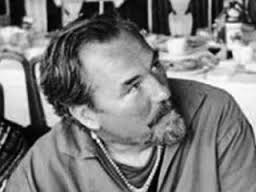
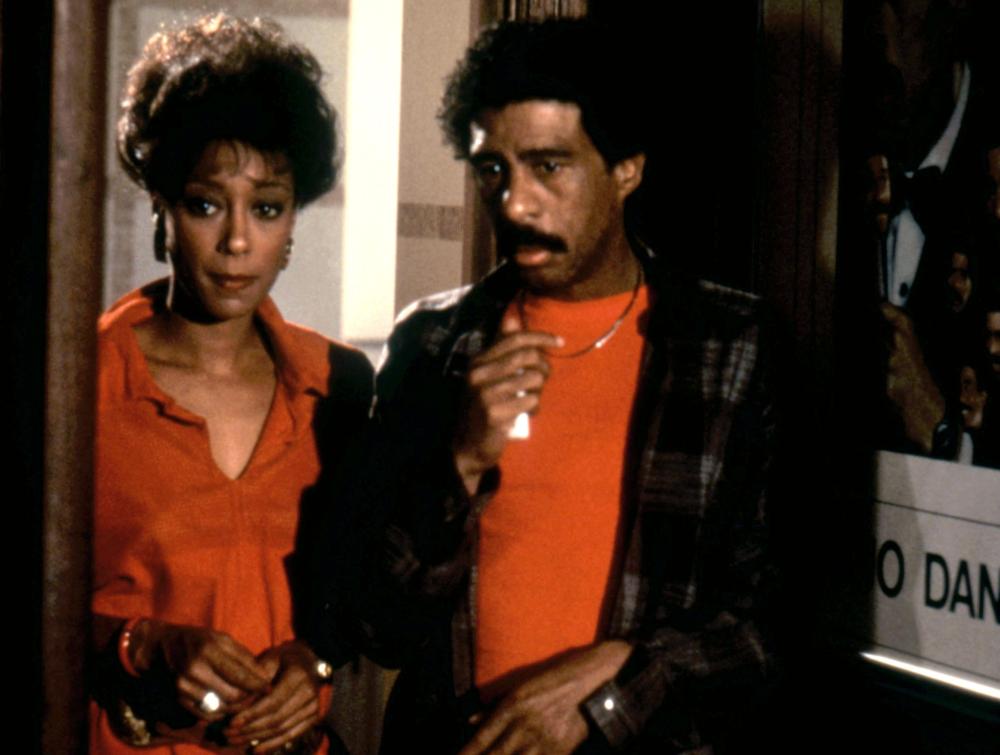
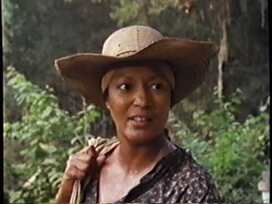
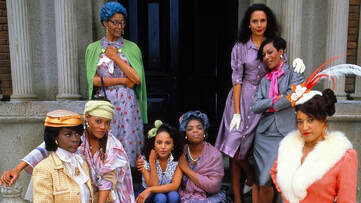
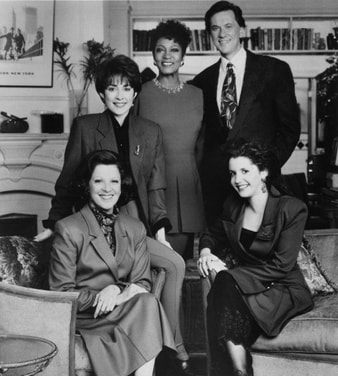
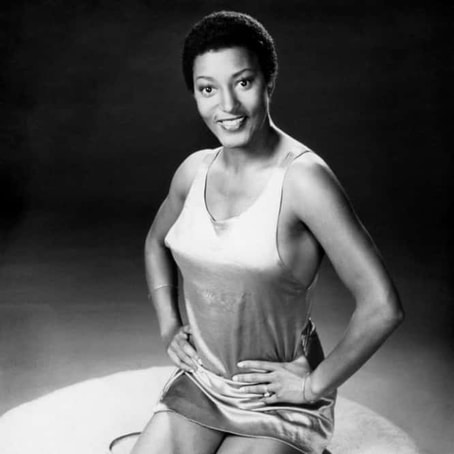
 RSS Feed
RSS Feed